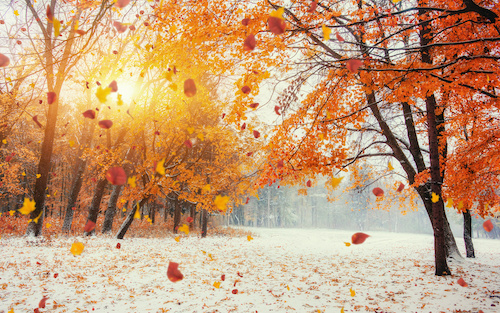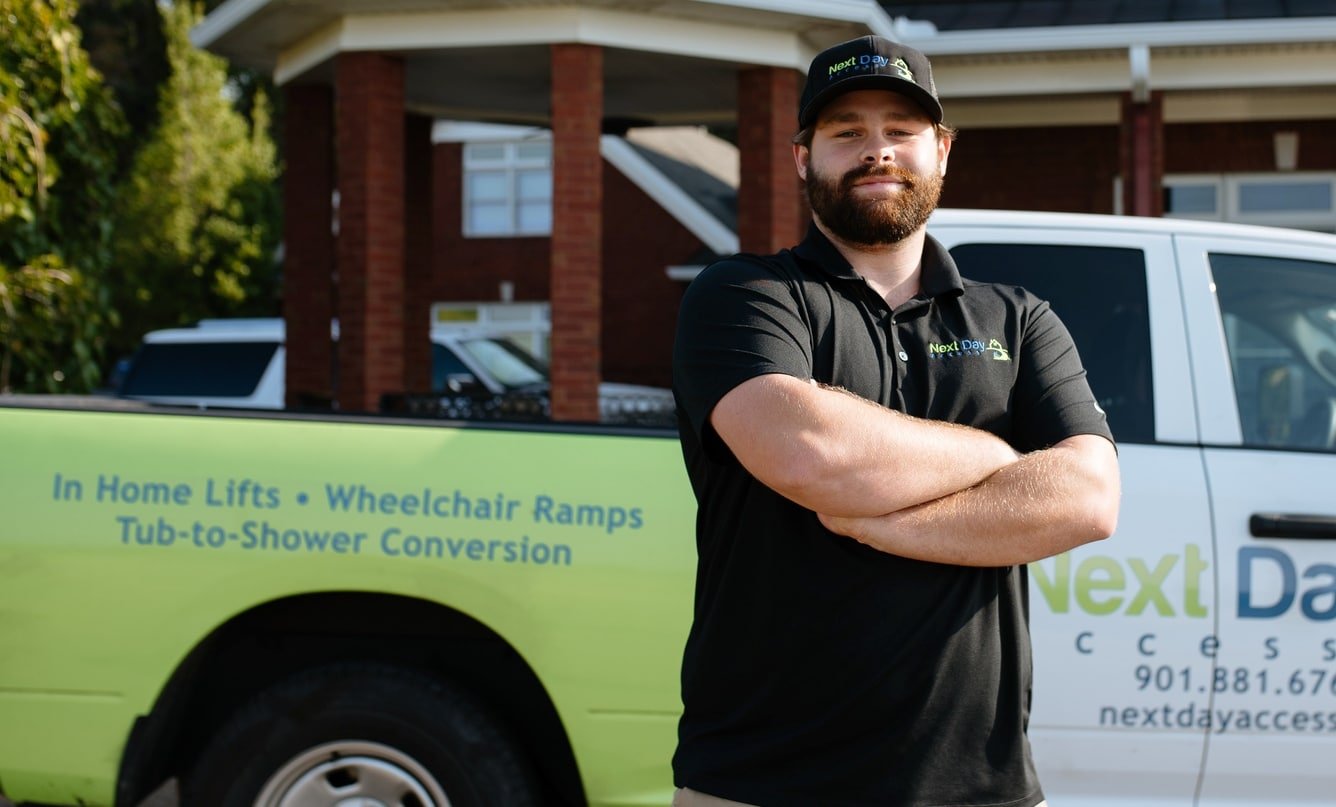
Aside from changing out the clothes in our closets from short sleeves and shorts to long sleeves and pants, we have to make some other adjustments as the seasons change and bring colder temperatures. Seniors practicing independent living may need assistance getting the home prepared for the winter, but they should also focus on themselves and what changes they will endure. Shorter days can lead to less physical activity and not as many social engagements, and now is the time to address them. Consider these ways seniors are impacted by the seasons changing.
Physical Challenges
Shorter days and less-than-ideal weather conditions during the winter lead to fewer opportunities to engage in outdoor activities. However, the aging population still needs to find ways to be physically active to maintain good overall health. Physical exercises don’t have to be strenuous, and sometimes simple stretches or balance exercises can be enough to keep the heart healthy. But by being inactive during the colder months, seniors could lose strength and balance and make it hard to recover and get back into being physically active when the weather warms up.
Nutritional Obstacles
We sometimes take for granted how beneficial it is for our bodies to be in the sun. With less daylight in the winter, you may not get as much natural vitamin D from the sun and need to pursue other alternatives. Consider eating foods high in vitamin D, like eggs or salmon, and drinking plenty of milk. And if it’s challenging to get your hands on fresh fruits and vegetables in the winter, stock up on frozen varieties to ensure you get enough vitamin C to remain as healthy as possible. The important thing is to be conscious of what you are putting into your body and prioritize foods and drinks with high nutritional value.
Fewer Social Interactions
Social interactions are important for senior living. While seniors may spend a lot of time outdoors socializing with neighbors or friends during the summer, the cold weather of the winter forces people inside their homes. Mental health is a focal point for senior living during the winter months. Even if you are unable to visit people in person as often, consider using video technology to talk to people and see their faces. Talking to someone every night can keep seniors socially active and maintain good mental health at the same time.
At Next Day Access, we want to help seniors make the transition to different seasons as easy and seamless as possible. The aging population usually spends the majority of their time indoors during the late fall and winter months, and sometimes home modifications can make the experience more pleasant. You should be able to feel comfortable and confident navigating your home, especially since you’ll be spending a lot of time in it. We would be happy to provide you with a free home assessment and discuss your needs, so feel free to contact us at any time.
Find the Right Accessibility Solution Fast
Reach out to a location near you today for a custom quote!
Contact Next Day Access today for reliable mobility solutions backed by responsive, expert installation. Enter your ZIP code or postal code to find a location near you and take the first step toward a safer, more accessible space.

Find the Right Accessibility Solution Fast
Reach out to a location near you today for a custom quote!
Contact Next Day Access today for reliable mobility solutions backed by responsive, expert installation. Enter your ZIP code or postal code to find a location near you and take the first step toward a safer, more accessible space.
